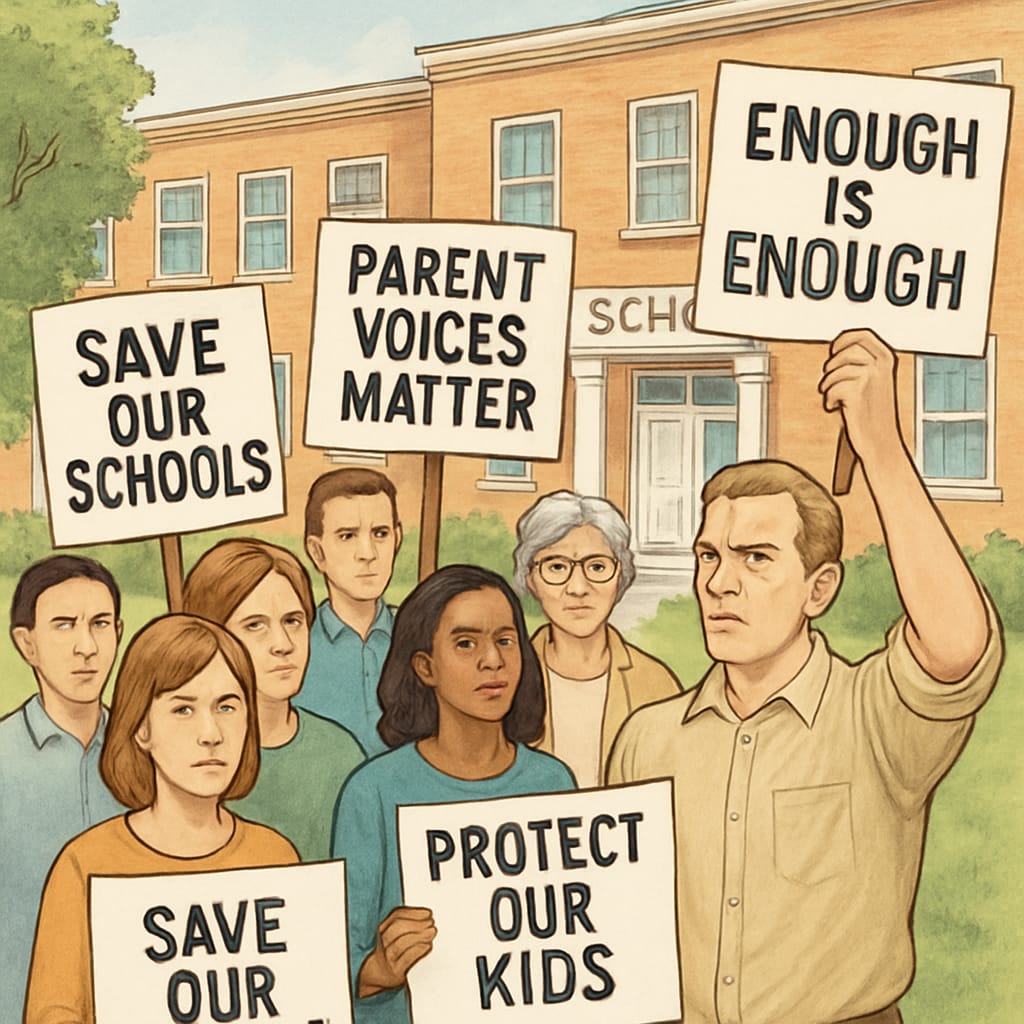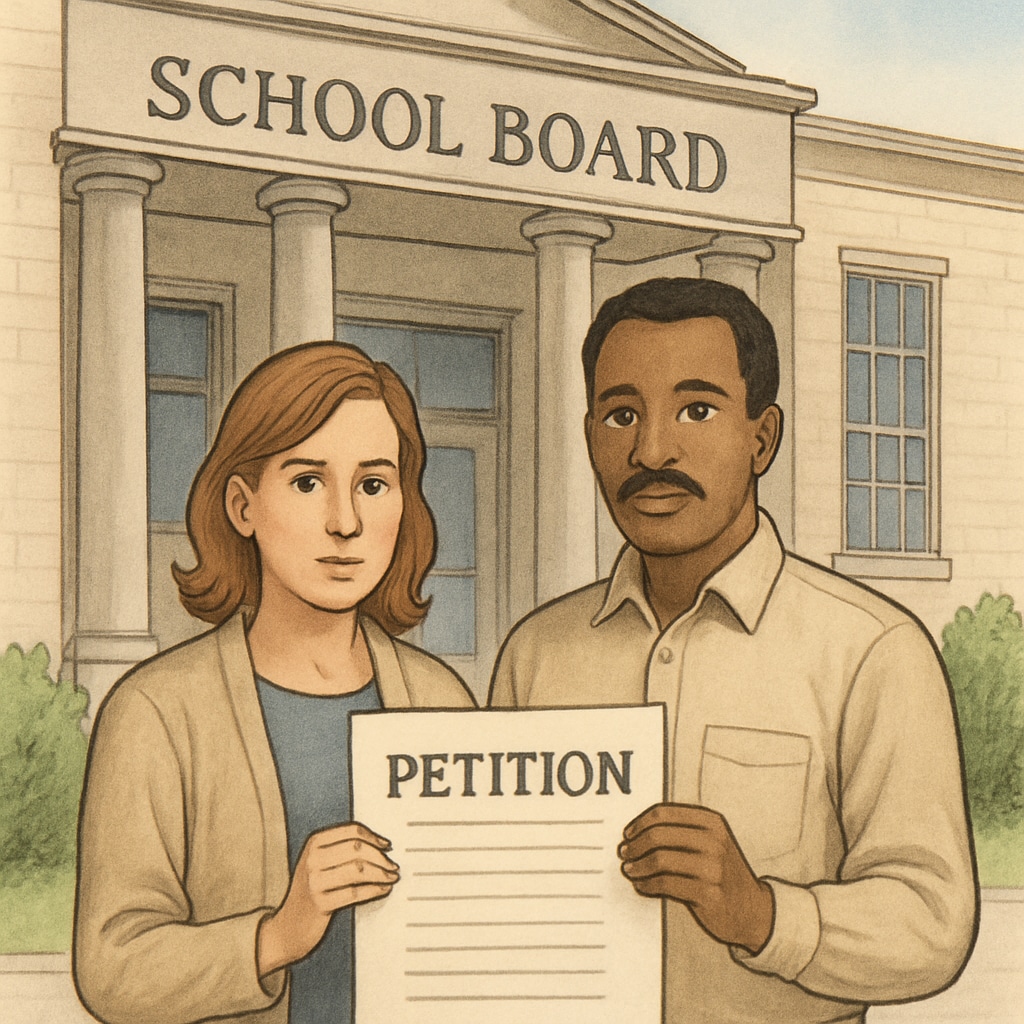The inclusion of individuals with a documented history of child abuse in school boards raises serious concerns for the safety and well-being of students. When communities face such situations, it is imperative to take swift and collective action. This article explores the risks posed by such individuals, the impact on the education ecosystem, and actionable strategies for communities to protect their schools.
Why Background Checks for School Board Members Are Crucial
School boards play a pivotal role in shaping policies, budgets, and educational priorities. However, when individuals with a known history of child abuse are allowed to occupy such positions, the potential risks to students’ safety and trust in the education system cannot be overstated. These individuals may exploit their authority, endanger children or undermine the moral and ethical fabric of the school environment.
According to reports on child abuse, even indirect contact with individuals with abusive backgrounds can create a culture of fear and mistrust. Therefore, thorough background checks and community vigilance are essential to prevent such scenarios.

How Communities Can Take Action
When communities discover that someone with a history of child abuse is being considered for a school board position, they must act swiftly and strategically. Here are key steps to take:
- Organize Community Meetings: Gather parents, teachers, and concerned citizens to discuss the issue and develop a unified stance.
- Raise Awareness: Use social media, local newspapers, and community boards to inform others about the situation.
- Contact Local Authorities: Report the matter to local education authorities or governing bodies to ensure they are aware of the concerns.
- Petition for Policy Changes: Advocate for stricter regulations, such as mandatory background checks, to prevent similar occurrences in the future.
These steps can help ensure that the community’s voice is heard and that preventive measures are implemented effectively.
The Legal Framework and Community Rights
Communities must operate within the boundaries of the law to avoid defamation or legal repercussions. In most jurisdictions, parents and community members have the right to:
- Request transparency in the hiring or nomination process for school board members.
- Access public records to verify the background of candidates.
- Submit petitions or complaints to local education boards or councils.
It is also advisable to consult legal experts to ensure that protests and actions align with local laws. For example, Britannica’s guide to child abuse laws provides insights into legal frameworks that communities can leverage.

Building a Safer Educational Ecosystem
Creating a safe and nurturing environment for students requires ongoing vigilance and community involvement. Schools should implement the following measures:
- Mandatory Background Checks: Ensure that all school board members undergo rigorous screening processes.
- Transparent Hiring Practices: Publish the selection criteria and processes for school board positions to maintain accountability.
- Community Oversight Committees: Establish committees that include parents and community members to oversee school governance.
- Education on Reporting Mechanisms: Train staff, students, and parents on how to report suspicious behavior or violations.
By adopting these strategies, schools can safeguard their environments and foster trust among students, parents, and educators.
The involvement of individuals with a history of child abuse in school boards is a matter that cannot be overlooked. Communities must unite to ensure that schools remain safe spaces where children can thrive. By taking proactive steps, raising awareness, and advocating for stricter policies, parents and community members can play a vital role in protecting the future of education.
Readability guidance: This article uses short paragraphs, lists to summarize key points, and transitions such as “however” and “therefore” to maintain flow. Passive voice has been minimized, and long sentences are limited for clarity.


